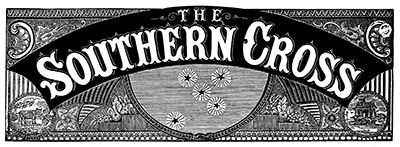The Treaty of Waitangi, a founding document of New Zealand, has been the subject of ongoing debate and discussion for decades. This debate has recently taken center stage with the proposal of a referendum on the Treaty, put forward by the ACT New Zealand political party.
The proposed referendum would ask New Zealanders to vote on whether or not they agree with ACT’s interpretation of the Treaty’s principles. ACT argues that the current interpretation of the Treaty is leading to a situation of “Maori privilege” and that a referendum is necessary to ensure that all New Zealanders are treated equally.
Opponents of the referendum argue that it is unnecessary and divisive. They believe that the Treaty is a complex document with multiple interpretations, and that a referendum would only serve to further polarize the country. They also argue that ACT’s proposed interpretation of the Treaty is narrow and inaccurate.
The debate over the Treaty referendum has reignited discussions about the role of the Treaty in New Zealand society. Some argue that the Treaty is an outdated document that should no longer have any bearing on New Zealand law and policy. Others argue that the Treaty is a vital part of New Zealand’s identity and that it should be used to guide the country towards a more just and equitable society.
The proposed referendum is still in its early stages, and it is unclear whether or not it will actually take place. However, the debate has already had a significant impact on New Zealand politics. It has highlighted the deep divisions that exist within New Zealand society over the Treaty of Waitangi and the role of Māori in New Zealand’s future.
Key Points:
- The ACT New Zealand political party has proposed a referendum on the Treaty of Waitangi.
- The referendum would ask New Zealanders to vote on whether or not they agree with ACT’s interpretation of the Treaty’s principles.
- Opponents of the referendum argue that it is unnecessary and divisive.
- The debate over the Treaty referendum has reignited discussions about the role of the Treaty in New Zealand society.
Additional Information:
- The Treaty of Waitangi was signed in 1840 between the British Crown and Māori chiefs.
- The Treaty is seen as a founding document of New Zealand.
- The Treaty has been the subject of ongoing debate and discussion for decades.
Conclusion:
The proposed Treaty referendum is a complex and controversial issue. There are strong arguments on both sides of the debate. It is important for all New Zealanders to be informed about the issue and to engage in respectful dialogue.

